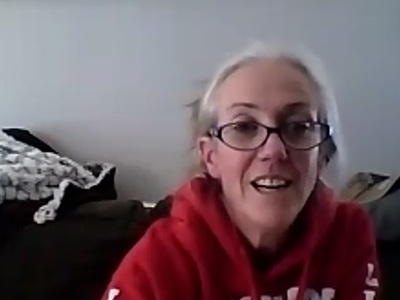Mia

See full story
In her mid 40s, Mia began to experience “full-on vertigo,” constant vomiting, and an inability to walk. After a hospital visit, Mia realized that she had every single symptom of MS except for sexual dysfunction. Six weeks later, she got an MRI and was diagnosed with MS. Feeling like there was nothing to lose, Mia started participating in a clinical trial on movement and cognition that was supposed to pay two hundred and fifty dollars for participation. During this clinical trial, they measured how far she could walk, and they gave her a game to test cognition. Unfortunately, Mia was never financially compensated for her time in the study.
She did another clinical trial on fatigue medicine for MS. The study was double-blinded, and she was told which medicines to take according to a given schedule. This medication study lasted for nine months but Mia never found out what was working for her because they never disclosed to her what she was taking. Mia and her treatment team felt that information was very important for her doctors to know, but she still does not know what medication she received. Her advice to patients is to “do the research and be choosy” in terms of clinical trial participation. Her advice for those running clinical trials is to focus on patient reported outcomes and patient panels for drug trials “because we know so much more than they do about MS and about our symptoms”.
Mia also participated in a CALMS study that focused on communication. By doing homework assignments and talking to someone about understanding MS, the study aimed to help people come to terms with their MS diagnosis. Her participation in the CALMS study had the added positive benefit of helping Mia work through her denial and anger surrounding her mother’s passing. Mia is currently part of a primary progressive patient panel for the development of a new primary progressive MS drug. Her main motivation for participating in clinical trials is being of service to her community. She feels that patients are the best people to give information. She also feels that by participating “we’re only helping ourselves.”
